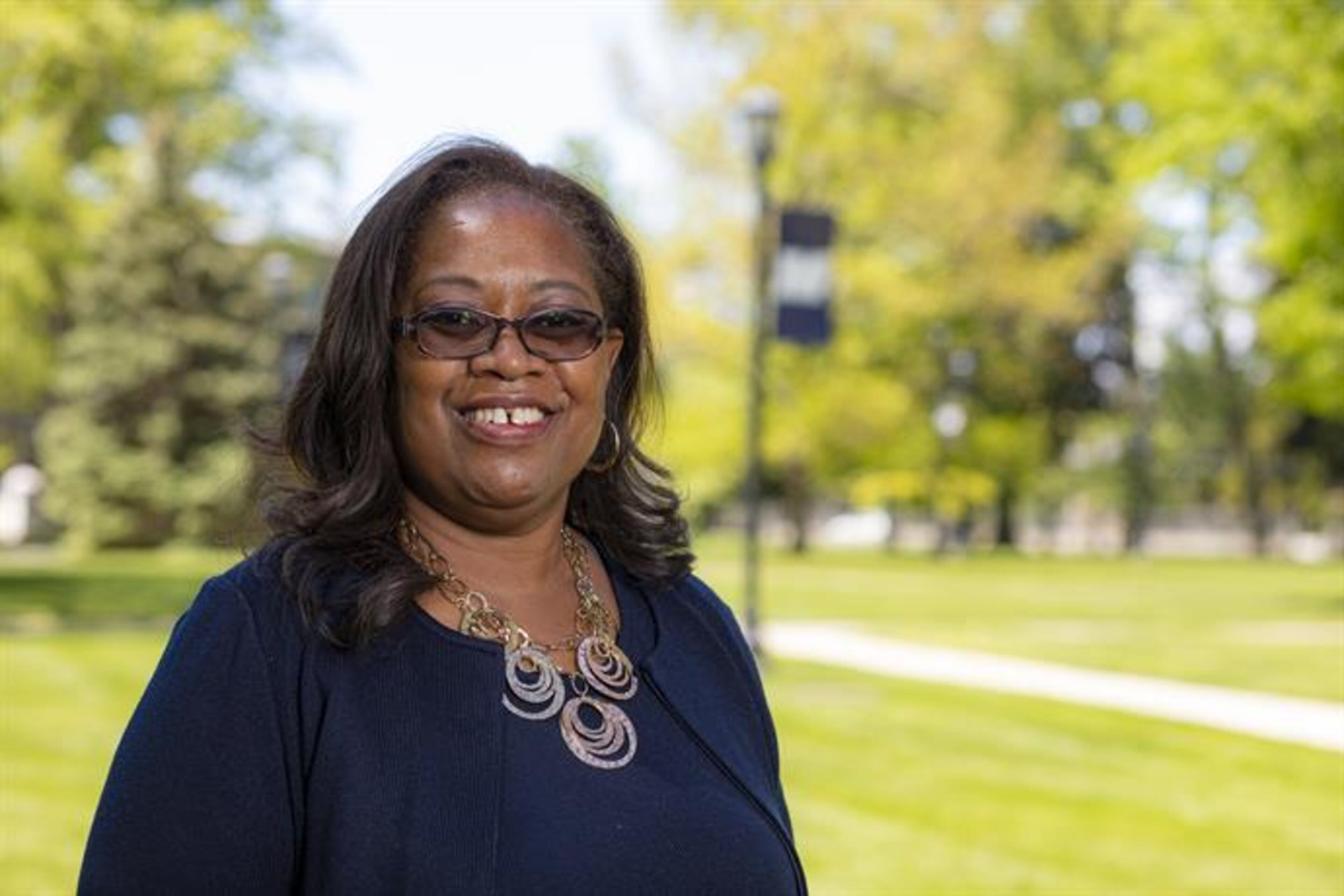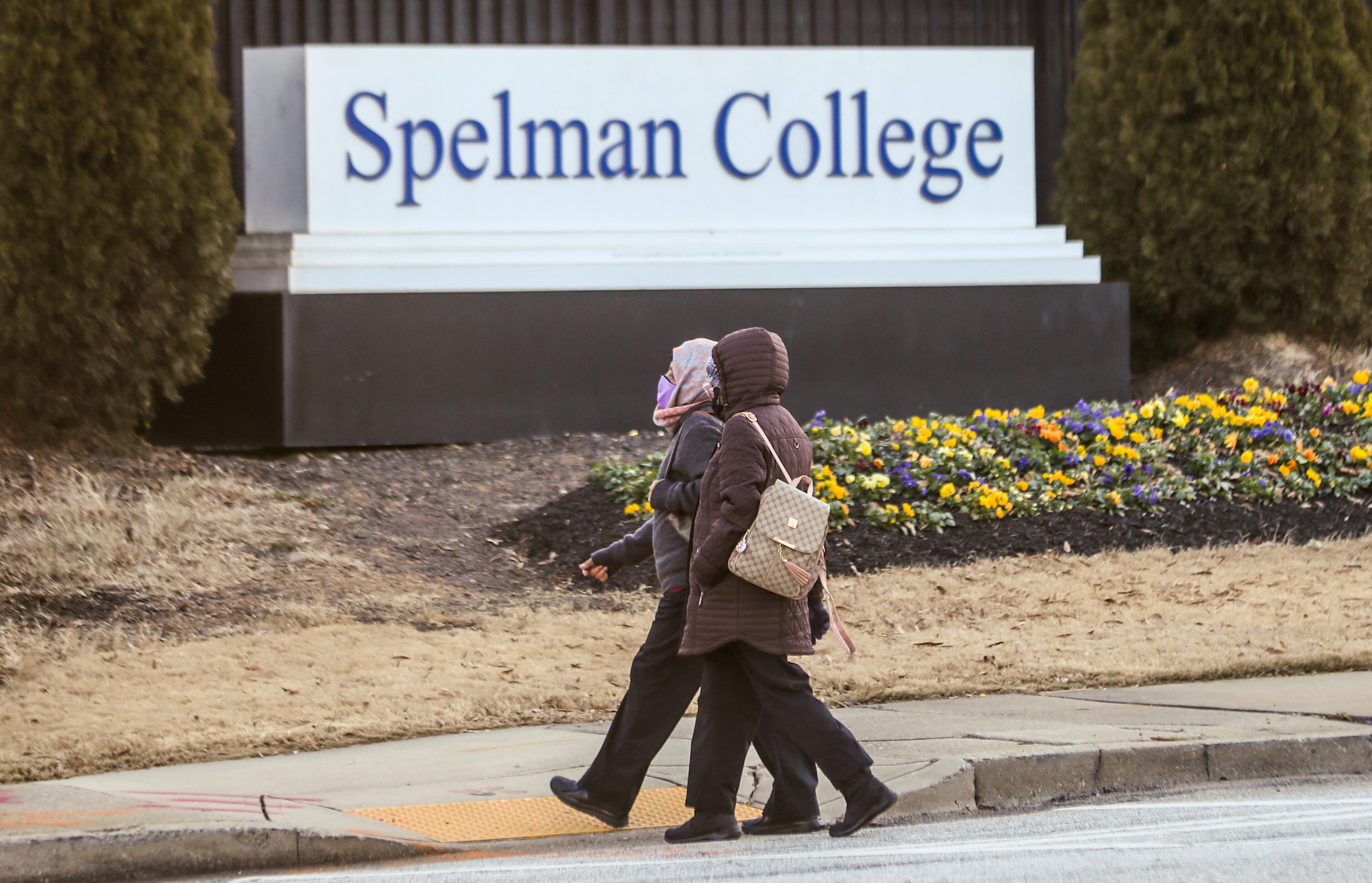AJC On Campus: Editing out ‘diversity’; Spelman’s new provost

Despite growing backlash, work to remove “diversity” and “equity” from Georgia’s teacher preparation rules is proceeding with more changes proposed for next month.
In this edition of AJC On Campus, we bring you the latest on rule changes that impact education colleges. Also, we’ll fill you in on plans for a big safety grant at Georgia Piedmont Technical College, a new hire at Spelman College and more.
‘Equity’ vs. ‘fairness’
The Georgia Professional Standards Commission isn’t giving up the grip on its red pen.
The push to edit terms such as “diversity” and “equity” from Georgia’s teacher preparation rules is nowhere near over.
The commission has been methodically amending the dozens of rules that guide the state’s educator preparation programs, which include education colleges that train future K-12 teachers.
The 18-member, governor-appointed commission unanimously approved a host of changes in May and at a tense June meeting voted to gut references to diversity, equity and social justice and swap them for words deemed more appropriate by some.
The commission plans to vote July 13 on additional rule changes that further that effort.
The effort comes as Republican lawmakers and policymakers scrutinize diversity, equity and inclusion programs in schools and colleges. In late April, Lt. Gov Burt Jones asked the University System of Georgia to report how much its 26 public colleges and universities spend on such efforts. University officials have said they’re working to provide that information.
And last year, Republicans passed a state law banning what they contend are divisive teachings about race in K-12 classrooms. House Bill 1084, the so-called “divisive concepts” law, prohibits teachers from asserting that the United States is fundamentally racist or that anyone should feel guilty because of their race. The law also states that an educator’s state certification, which is issued by the commission, cannot be dependent on participation in any training program that advocates for “divisive concepts” about race.
Commission officials, who also oversee those teacher training programs and colleges, have said repeatedly that the rule revisions were requested by the University System and are aimed at removing “ambiguous terms” that have taken on “multiple or unintended meanings.”
The University System did not respond to questions about cutting those terms from the rules when asked about the changes in advance of the commission’s first vote. Instead, the system released a statement saying it asked the commission for improvements in literacy education, including expectations for how colleges train their students to teach children to read.
The commission has said colleges and programs are still expected to train future teachers to meet the needs of all students.
The next round of proposed rule changes includes swapping out words that have become political targets. One rule rewrite would change the word “diversity” to “differences.” “Biases” would be replaced by “preconceptions.” “Equity” would be removed in favor of “fairness.”
Advocates say those words mean different things. They define “equity,” for example, as giving each individual student what he or she needs to succeed, instead of giving all students the same exact support.
Similar changes are on deck for programs that prepare those who will teach subjects including political science, math, history, geography and economics. The public has until July 8 to provide comment on the latest round of proposed revisions.

The rule rewrite has sparked criticism from some professors, diversity advocates and education groups, including the Partnership for Southern Equity.
The Atlanta-based organization issued a statement after the June vote that described the rule changes as part of a “growing anti-equity effort.”
The group added: “It is critical that teacher education programs understand, emphasize and address the problems of racial inequities, and prepare teachers to serve students from diverse backgrounds and meet the needs of 21st century learners.”
Big grant announced

A $1.65 million grant will help Georgia Piedmont Technical College make its campus more secure, school officials say.
The money is part of $83.5 million in COVID-19 relief funds that are targeted at improving public safety and reducing community violence across Georgia.
Georgia Piedmont, which has its main campus in Clarkston, said it will use the money to install control mechanisms on exterior doors, add cameras and electronic license plate readers.
Campus police will be able to lock or unlock doors through a smartphone app, instead of doing so manually.
“While we have avoided catastrophe, the Georgia Piedmont Police Department recognizes that additional mitigation techniques to deter violence on our campus will create a safer learning and working environment for our students, faculty, and staff,” said police chief Chris Hughes in a written statement.
Money for UGA
More money is also headed to the University of Georgia.
A $1.5 million federal grant will go toward agricultural and food production programs across Georgia. The university said the funding will support new and ongoing efforts around food access, education, and business and startup costs for new farmers.
“This grant is an opportunity for UGA to put its strengths in community engagement and agricultural innovation to use in important ways for our home state,” said President Jere Morehead in a written statement.
A Spelman alumna returns

Pamela E. Scott-Johnson will become Spelman College’s next provost and vice president for academic affairs on Aug. 1.
Scott-Johnson is currently the provost at Monmouth University in New Jersey. She’s held leadership posts at California State University, Los Angeles and also at Morgan State University in Baltimore. She also spent a decade as a Spelman faculty member.
She’s also a Spelman alumna, having earned her bachelor’s degree in psychology from the private Atlanta college. She earned her master’s and doctoral degrees in psychology and neuroscience from Princeton University.
Dolores Bradley Brennan has been serving as Spelman’s interim provost for more than a year.
Help with test prep

Also at Spelman, a new partnership with Kaplan will support students who plan to go to graduate school.
Kaplan will provide its test prep courses at no cost to Spelman students preparing to take graduate-level admissions exams required to get into law school, medical school and other programs. That includes well-known tests such as the LSAT and the MCAT.
A third of Spelman students have chosen to go to graduate school in recent years, said the college’s president, Dr. Helene Gayle. She said that’s twice the national average.
Women in STEM
Women are still underrepresented in federal jobs in science, technology, engineering and math fields.
That’s according to a new UGA study that finds that one way to boost the number of women in STEM roles is to increase female leadership in those areas.
“You might expect that employment of women in federal STEM jobs would have gone up since 2005, but there’s been virtually no change,” said professor J. Edward Kellough, the study’s lead author, in a statement. “It’s increased only a fraction of 1 percentage point during that time, which is shocking.”
If you have any higher education tips or thoughts, email reporter Vanessa McCray at vanessa.mccray@ajc.com.



